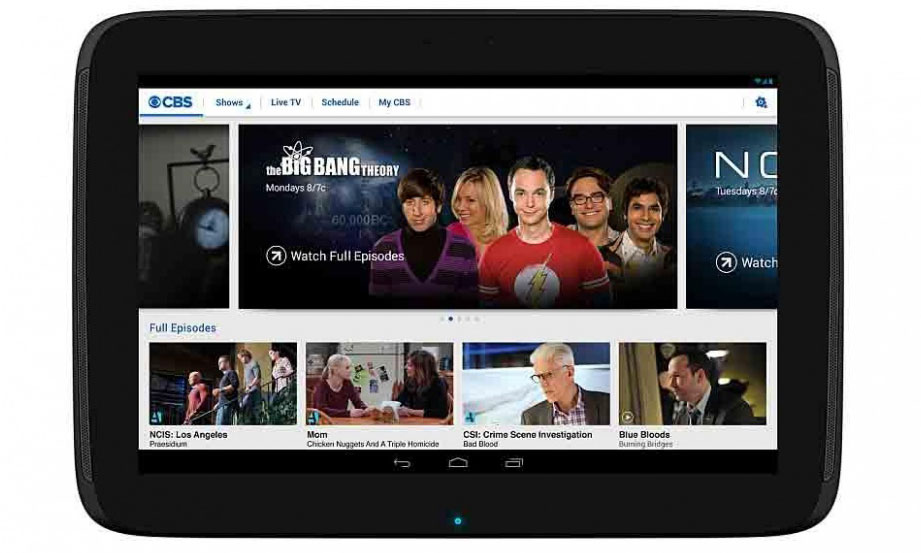
Cable Association Cautiously Optimistic On New Streaming Services
New offerings from HBO and CBS could signal the end of cable television as we know it. But that’s of no concern to the American Cable Association, and here’s why.
The cord-cutting community received some much-welcomed news last week when both HBO and CBS announced that they will soon be offering subscription-based internet streaming services. With HBO’s online subscription and CBS’s $6-per-month All Access program, the companies join the likes of Netflix, Hulu, and Amazon Prime, which seek to bust the traditional cable and satellite subscription model of bundling hundreds of channels for consumers.
It remains to be seen how these large content companies seek to monetize access to their content and exactly how much choice they give consumers.
Accounts around the web last week described the moves as a “watershed moment” for the industry. “Everybody is talking about it,” Leslie Moonves, chief executive of the CBS Corporation, said in an interview withThe New York Times. “It is an important part of our future. Our job is to do the best content we can and let people enjoy it in whatever way they want. The world is heading in that direction.”
Other reviews of the announcements warned consumers to tread carefully with the new services. Writing for Wired.com, Issie Lapowsky said the “great TV unbundling” could lead to some unintended consequences for subscribers. “Suddenly, consumers won’t be just paying $8.99 a month to get all the shows and movies they want on Netflix,” she wrote. “They’ll be forking over sums to a variety of players, a fact that some proponents of a la carte television have already begun griping about.”
The American Cable Association, which represents independent cable and broadband providers, shared Lapowsky’s sentiments.
“This is, for consumers, a step in the right direction in terms of giving them more choice of channels and programs that they want to watch, when they want to watch it, and on the device that they prefer to watch it on,” said Matthew M. Polka, ACA’s president and CEO. “It remains to be seen, though, how these large content companies seek to monetize access to their content and exactly how much choice they give consumers.”
Sports programming, for example, continues to be a major hurdle in the online-streaming world and is something that could continue to draw consumers to the bundled cable and satellite packages, Polka said.
And while these online streaming services have the potential to upend the cable television industry, it’s not something that ACA is worried will hinder its members’ ability to remain in business.
“From a business perspective, our goal is to provide our customers with the services that they want,” he said. “We have a broadband plan that could deliver that for them. So whether they’re looking for access to cable television or the internet for streaming purposes, we can be there for them.”
Polka said ACA’s ability to stay ahead of these kinds of issues is a credit to the organization’s close relationship with its member companies.
“That connection with our members helps us understand in great detail what they are experiencing from a business and customer-relations perspective, which we can then translate into what our policy goals and objectives should be,” he said. “Because of the close connection of our association to our members and their customers, we’ve been able to speak publicly and independently about trends long before they really begin to appear as a pattern that needs to be addressed. And that’s what we’re experiencing now with these new streaming services appearing.”
(CBS press photo)






Comments